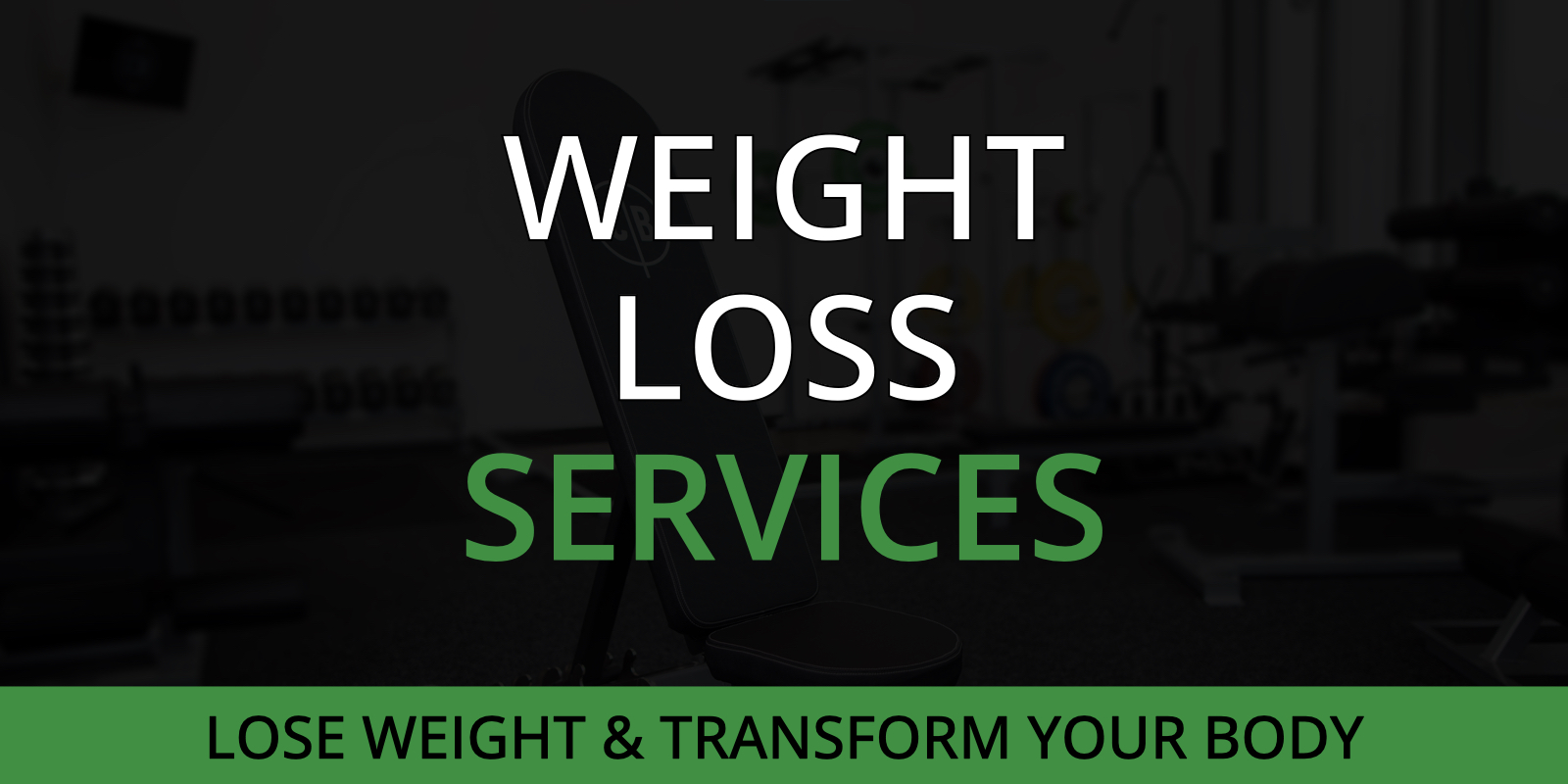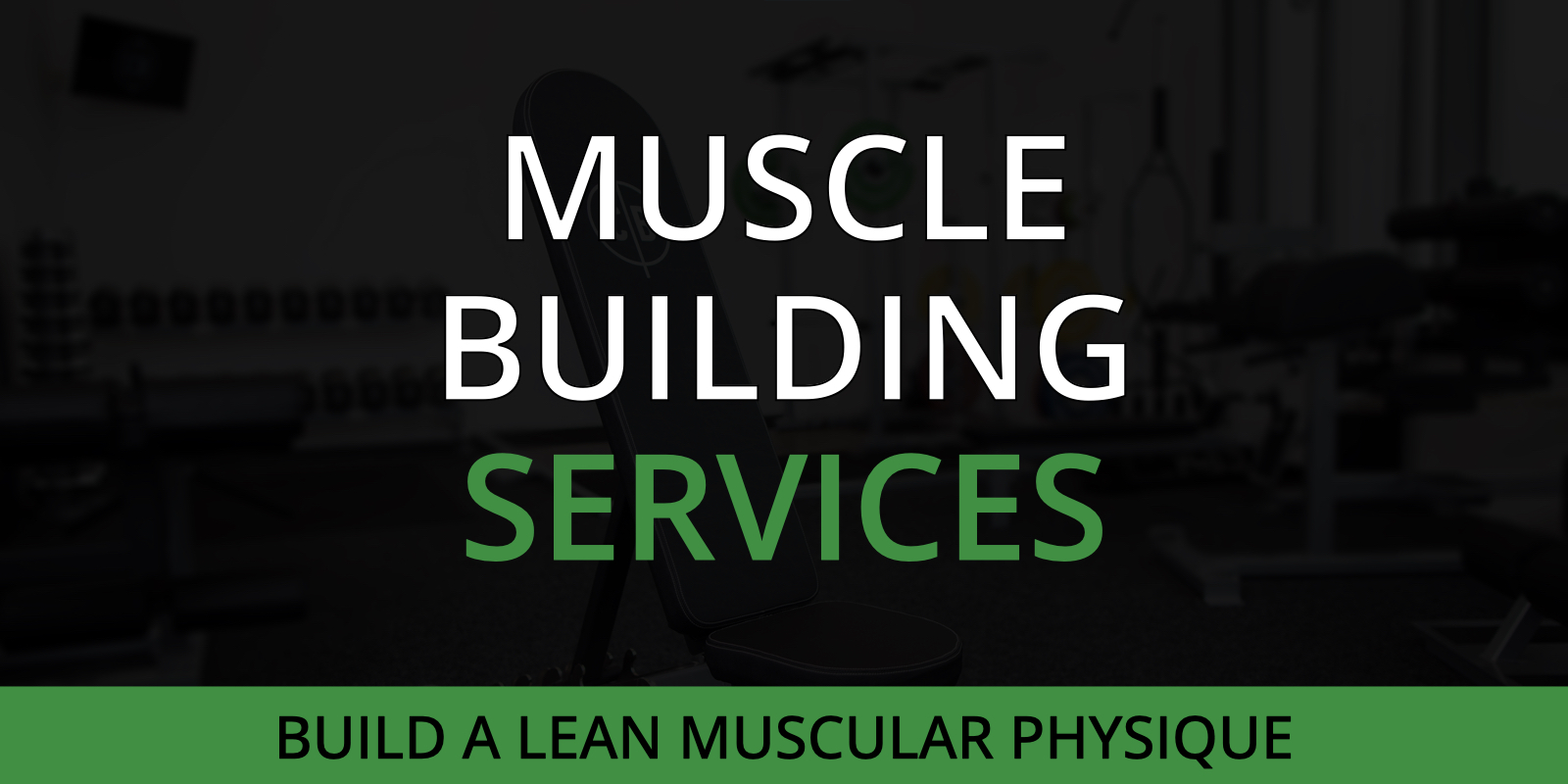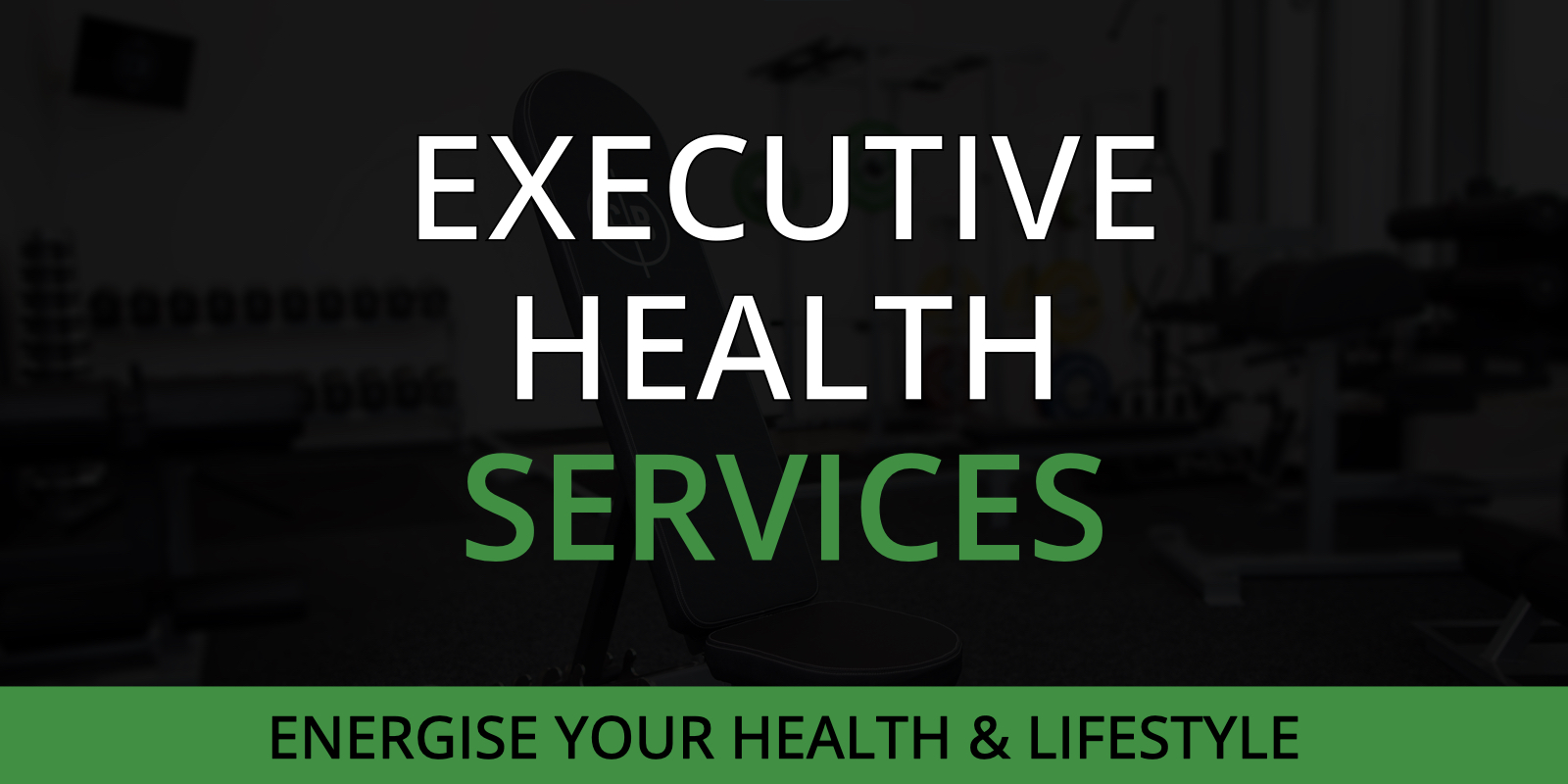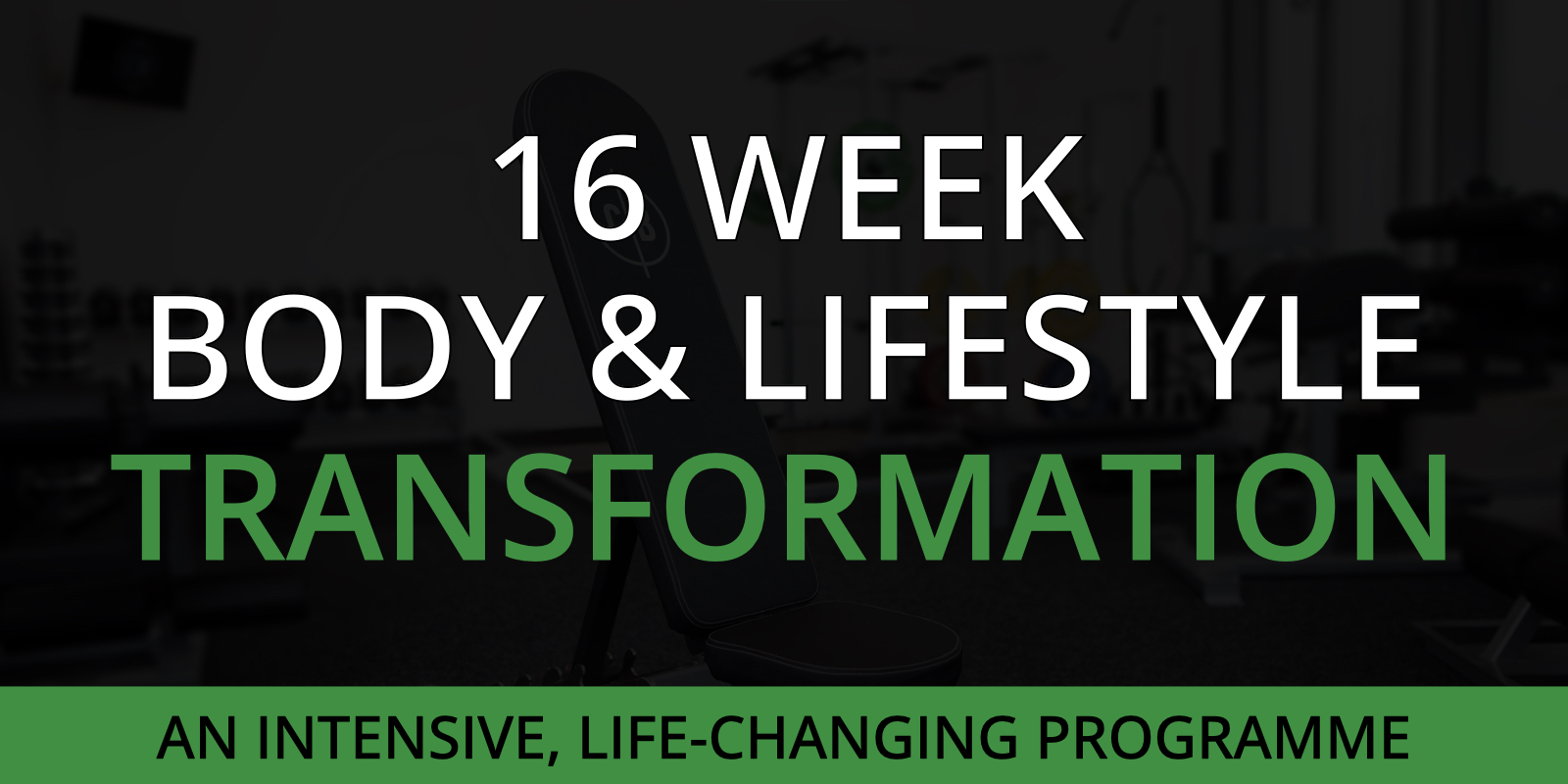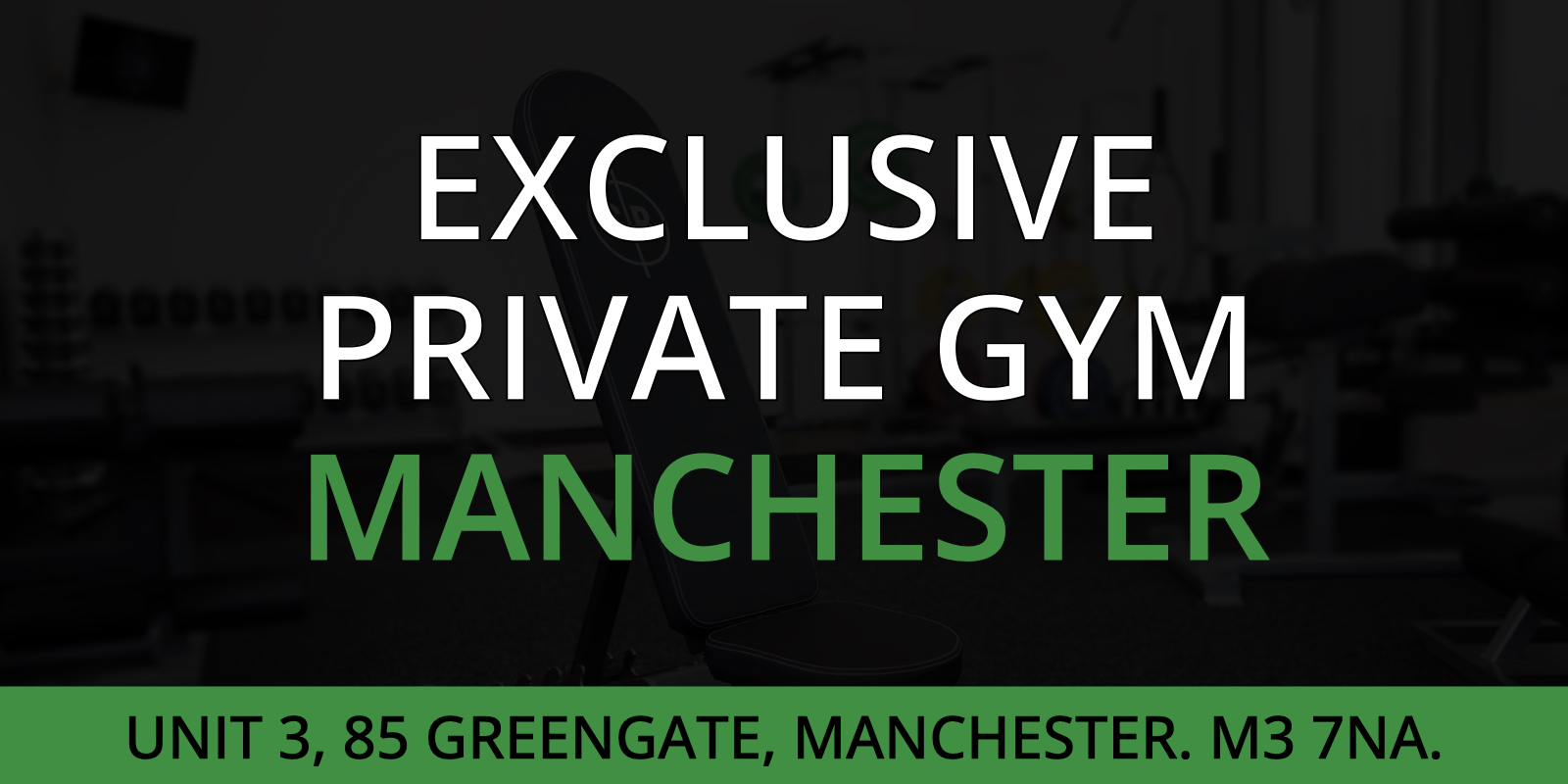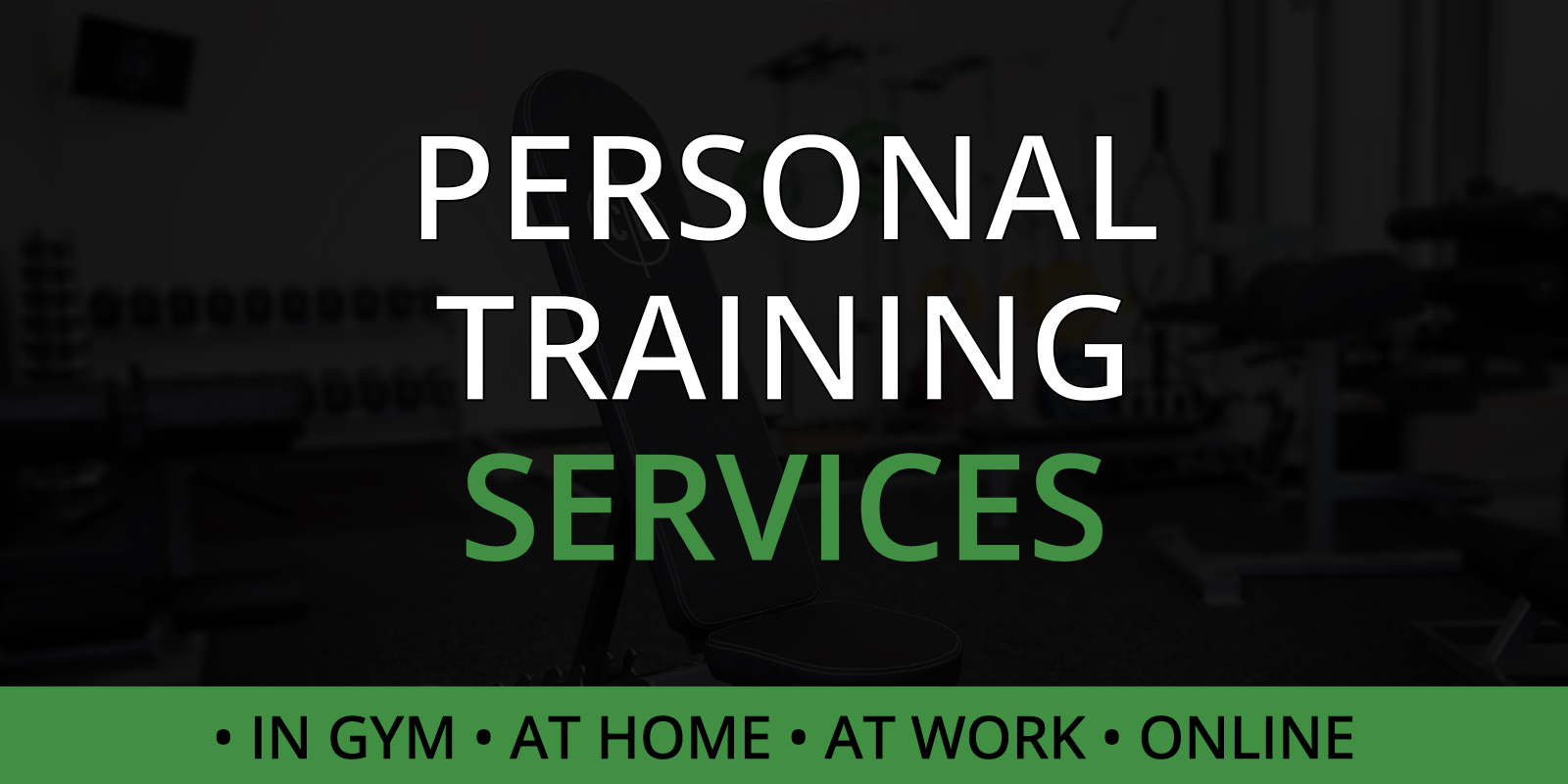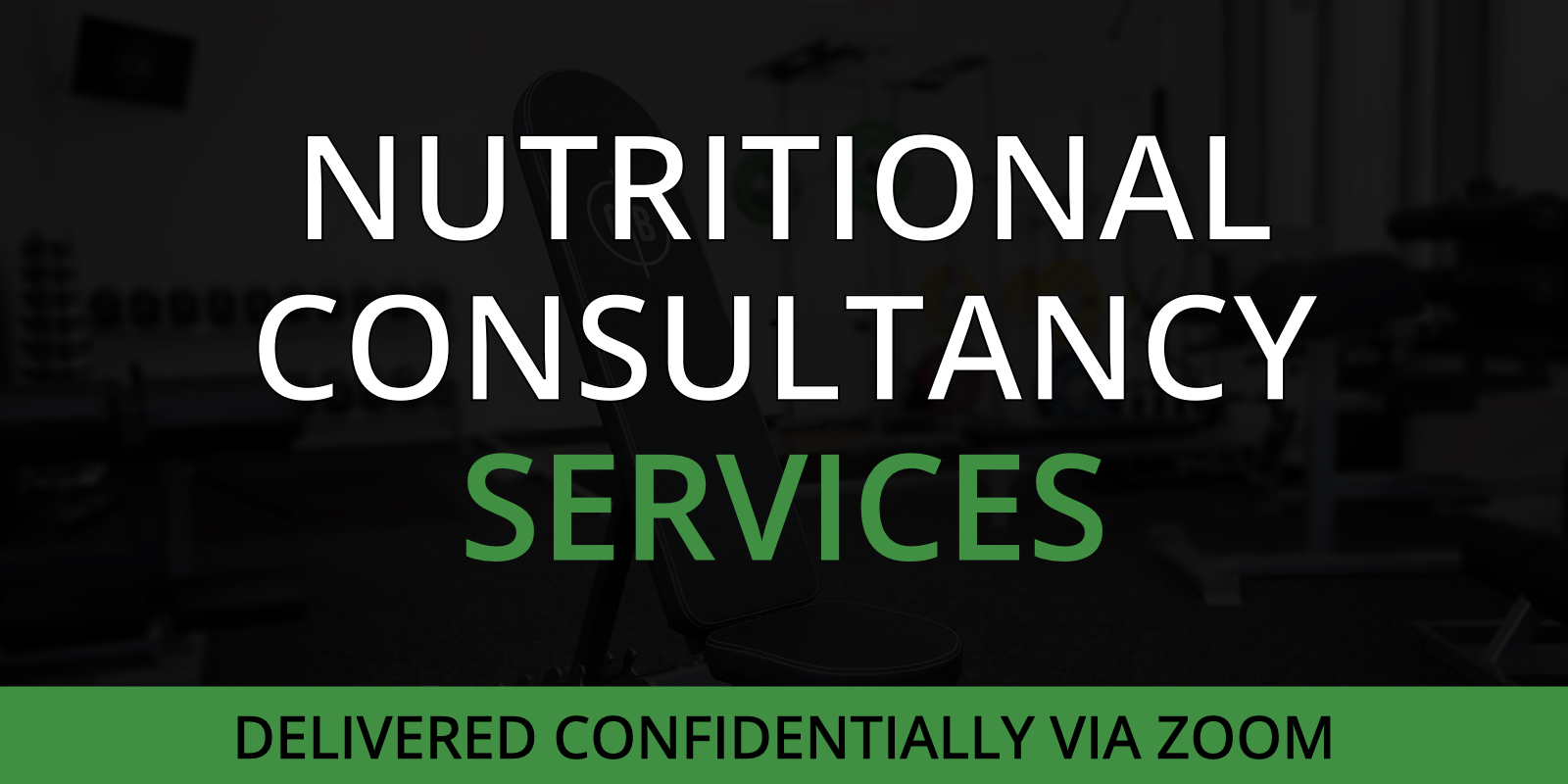From day one of someone wanting to ‘eat healthy’, they usually make a major mistake.
They set themselves up for almost certain failure and either they don’t even realise it, or they do and just want to kick the problem down the road to be dealt with at a later date.
Does this sound familiar to you?
If you have been through what seem to be never-ending cycles of being ‘good’ or ‘on it’, only for the wheels to come off and you go right back to square one weeks or months later, you are definitely not alone.
The mistake i’m talking about is the belief that for you to achieve your goals and be healthy, your food intake must be perfect.
No cakes, no biscuits, no crisps, no chocolate, no alcohol.
Not for the foreseeable future at least.
The problem with this strategy is that it’s just not sustainable for the vast majority of people.
Almost anyone can do almost anything for a short period of time but what you can consistently do is ultimately what will determine your long-term success or failure.
With this being the case, right from the beginning of working with a new client I make it clear that no food or drink is off-limits.
The only thing I would insist on that whatever you have must fall within your calorie and macro guidelines.
So if they want a large glass of wine that’s around 200 calories, that’s fine as long as it fits within the parameters we’ve set.
Notice here that I use terms like ‘we’ and ‘guidelines’, it’s always a collaborative approaching based upon the goals that a client has set.
What I want as a coach or what I think they should want as a client is frankly irrelevant, it’s always a client-first approach.
The client always knows themselves and what they want more than I ever will, so I will guide them as best a possible.
In the hierarchy of importance with nutrition, calories is our number one checkpoint.
Followed by protein.
So, if you stay within your calories and you are getting ample protein, particularly at the start I don’t worry too much about the rest.
I’m not saying here that you should just get all your calories from protein drinks and doughnuts, having a well-balanced nutritional intake will stand you in good stead long-term.
In time, we can work on improving certain food choices from a vitamin and mineral, or satiety point of view.
Having a flexible approach reduces the likelihood that if you do eat something you consider to be unhealthy, you won’t just think ‘fuck it, what’s the point and I will just start again Monday’.
So if you have 200 calories to have and you want a bar of chocolate that fits within the calories, that’s ok.
Is it the best possible choice from a purely nutritional aspect? No.
Might it increase the chances of you being consistently good rather than occasionally perfect? Yes.
Never forget, your healthy, body and wellbeing is always a reflection of your average day.
Stack the odds in your favour, give yourself a break and stop thinking there is an end-point to being healthy or reaching your goals.
Because when you do reach a goal, the sun will rise again the next day and then what are you going to do?
You don’t need a new diet, you need a long-term sustainable lifestyle that looks after both your physical and mental health so trust me being ‘on and off diets’ is not the way to go.
Thanks for reading, have a great day.
Craig
Do you need confidential help with your health, fitness or nutrition? I have a range of services available, with Personal Training in my Private Gym in Manchester, also at your home or workplace in the surrounding areas. For clients further afield, I provide Online Personal Training, Nutritional Consultancy & Private Fitness Holidays.


